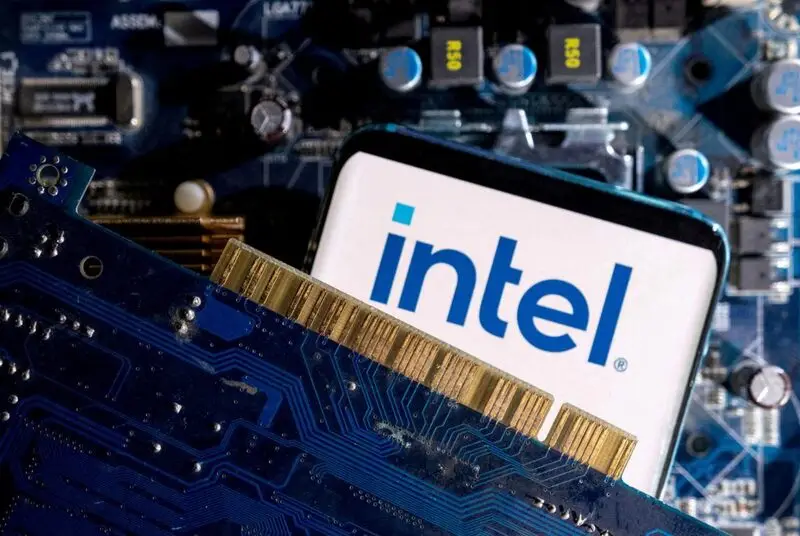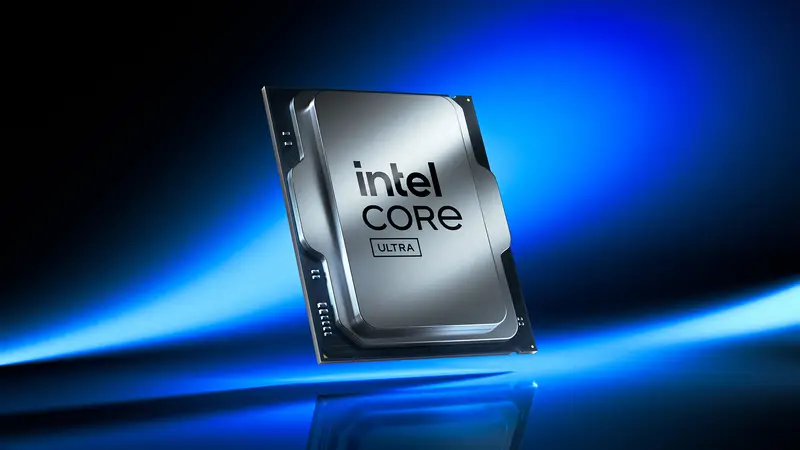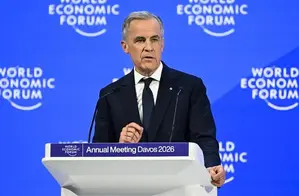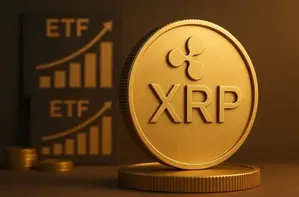The information technology sector is one that drives off of evolution and development. What has fueled Nvidia’s (NVDA) nearly 200% surge this year has been its necessity in the AI sector. With companies all looking to build on that, could Intel (INTC) enjoy a comeback by embracing the quantum computing sector?
The last few years have not been great for computer parts manufacturers. Underwhelming Q2 earnings have seen its value continue to decline, entering a vital October 31st Q3 report arrival. Yet, a shift toward an emerging technology will be key to its continued competition with giants like Microsoft (MSFT) and Apple (APPL).

Also Read: Intel: Ex-CEO Nearly Bought Nvidia in 2005: NVDA Nears $3.5T Market Cap
Intel Could Have Road Back Among Tech Juggernauts With Developing Tech
The stock market has shown increased interest in AI-related companies. That boom has been massive for firms that have shown a commitment to investing in its development. Although that may have been huge for some, it has proven to be a massive detriment to others
In 2017, Intel had the chance to invest in OpenAI. The company would go on to spur the artificial intelligence revolution with its generative AI chatbot, ChatGPT. Yet, more than a decade prior, Intel had the chance to buy Nvidia, the company that has recently surpassed a $3 trillion market cap.
It may be fair to say that Intel will never thrive in AI, but could INTC benefit from a shift to quantum computing? Modern digitized technology is created based on quantum mechanics. It is a fundamental reality of technology and continues to be a necessity. Yet, it is also still in its infancy as far as unrealized capabilities are concerned.

Also Read: Intel: Despite AI Boom, INTC is Down 54% in the Last 5 Years
A recent McKinsey report notes that as a market, quantum computing could reach a size of $131 billion by the year 2040. With the head start Intel could have, it could be out in front of the next wave of technology. Something that would rival the size of the emerging AI realm so many companies are vying for.
Currently, INTC is down 53% year-to-date. However, they boast immense potential in quantum technology. Moreover, there is presently a lack of competition in the space. In a 2024 paper published by Nature, Intel research found that their approach resulted in 99.9% gate fidelity.
This is a notable milestone and shows that it has the technology to lead what could be a groundbreaking sector. Moreover, it could save them from having to compete with an AI market to which they already had a late start.






